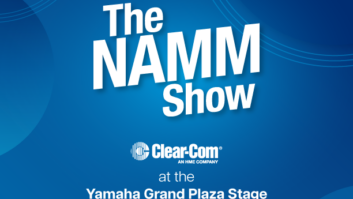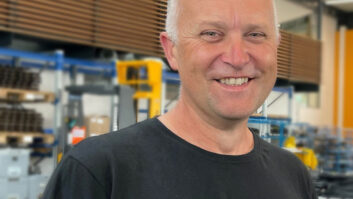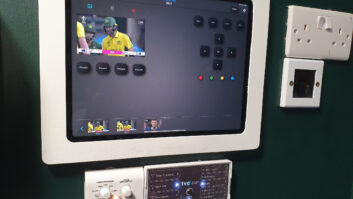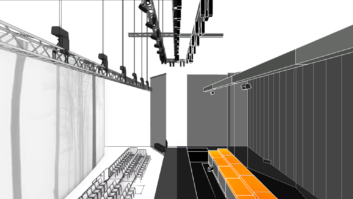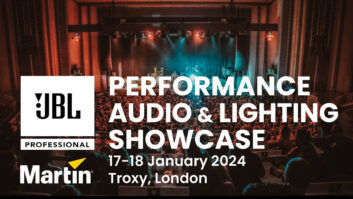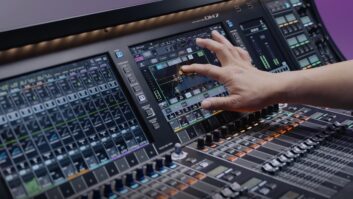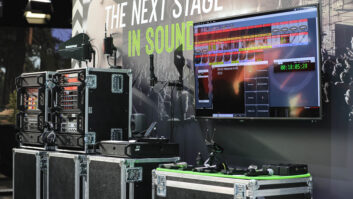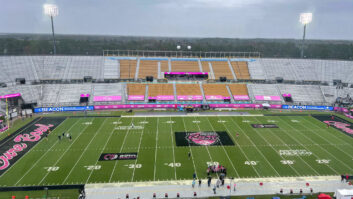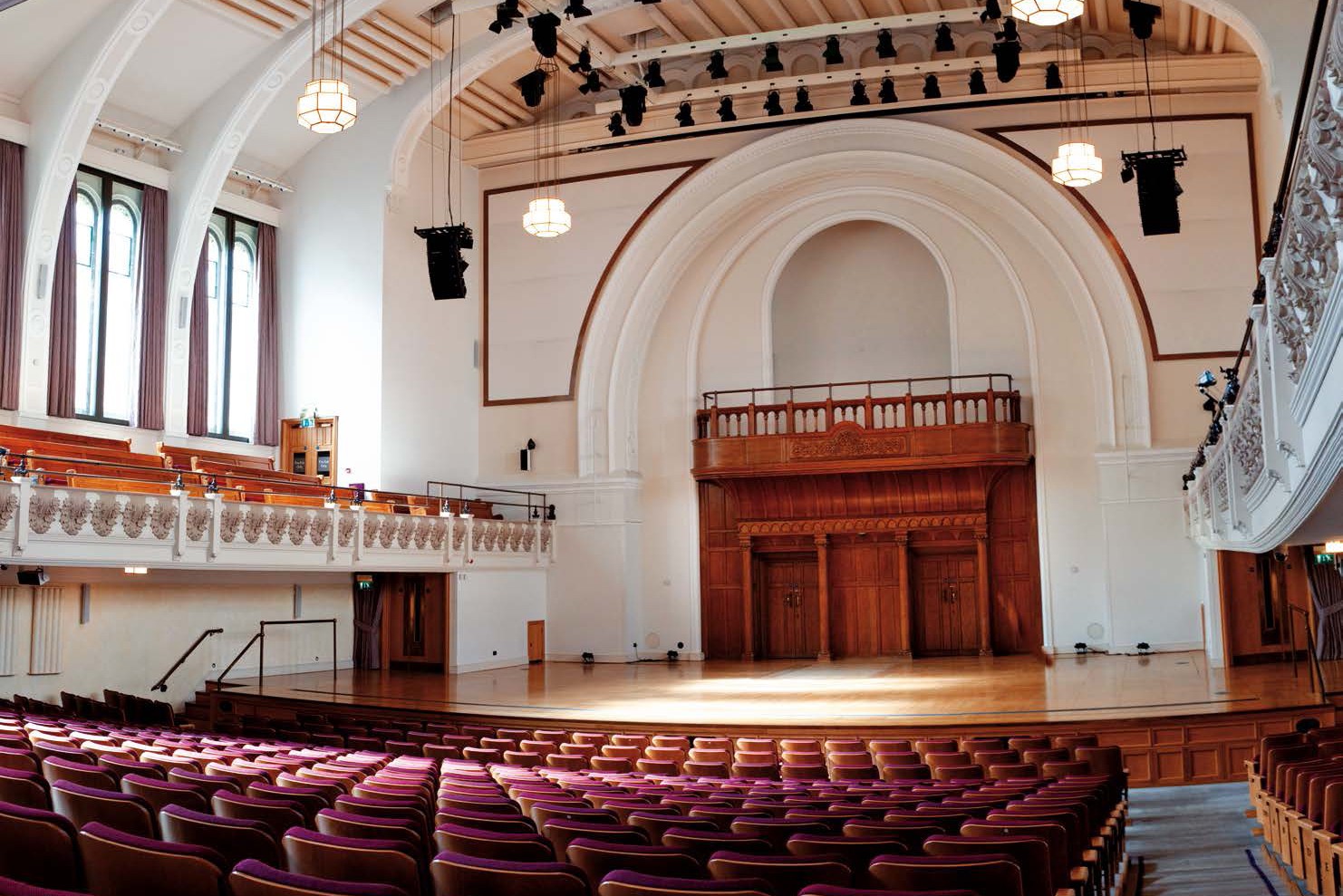
A recent technical upgrade at London’s Cadogan Hall has continued its tradition of Yamaha mixing consoles, with the installation of a new CL3 system by Autograph Sales and Installations.
Cadogan Hall is both the home of the Royal Philharmonic Orchestra and a popular live music venue, hosting over 300 shows a year. The upgrade was part of a project which saw the venue increase its capacity to 1,000. An important part of this was moving the previous mix position from the middle of the Gallery to accommodate more seating.
“A new control booth was built at the back of the Gallery, above the new seating, which was a big improvement for lighting but not suitable for mixing sound,” said Cadogan Hall production manager Harry Spillett. “We needed to reposition the mixing console at the back of the stalls for contemporary shows, but be able to easily remove it to regain the seats for classical performances.
“We had the first Yamaha PM1D to be installed in a UK venue. I always liked the logical and intuitive way it worked, but it wasn’t suitable for being moved on a regular basis. We needed an alternative that gave us all the functionality we required, but in a more compact form that was quick and easy to set up.”
He continued: “I wanted to stay with Yamaha so that the transition from old to new was as painless as possible. The CL3 operates in a similar manner to the PM1D, it’s easy to configure for different types of show and the Dante network allowed us to create a very flexible system that was quick to install and use.”
Working closely with Spillett and his team, Autograph supplied and installed the CL3 system, which includes a Rio3224-D and a Rio1608-D installed on stage, providing 48 channels to the Dante network, plus a range of outputs for monitors and direct outs for recording, when required.
A second Rio3224-D is installed in the venue’s AV plant room, to handle the matrix outputs from the CL3 to a QSC Q-Sys system which drives the PA, as well as patching additional lines to and from the stage using the existing copper tie lines. Finally, a further Rio1608-D can be placed wherever required, such as at the FOH position to create a digital snake for touring companies, or onstage as a digital splitter.
“As well as the flexibility that the CL3 and Dante network provide, the Rio units give us more inputs and outputs than before without taking up extra space in the stage racks,” said Spillett.
Currently the CL3 is being used to mix both FOH and monitors, although Cadogan Hall is looking to make a further investment in Yamaha equipment.
“We have plans to get a second, smaller desk – such as a CL1 or QL1 – that can live in the new control position. This will allow one person to operate lights and one or two microphones for basic shows that don’t require the CL3 to be put out at the back of the stalls,” he explained. “We will also use it in conjunction with the CL3 to mix monitors, as a recording console or as a remote desk for the audio associated with video playback equipment that is often positioned in the control booth.”
Overall, the decision to continue Cadogan Hall’s long association with Yamaha and Autograph is one which has already proved an unqualified success.
“Everyone is very pleased,” said Spillett. “The Dante network is great – you can plug the desk into a power socket, two pieces of Cat5 cable and have access to the whole system in minutes. It is so flexible and allows me to work with visiting engineers to quickly achieve what they need, ranging from What The Ladybird Heard for a children’s audience to the Proms on BBC Radio 3… and everything else in between.”
